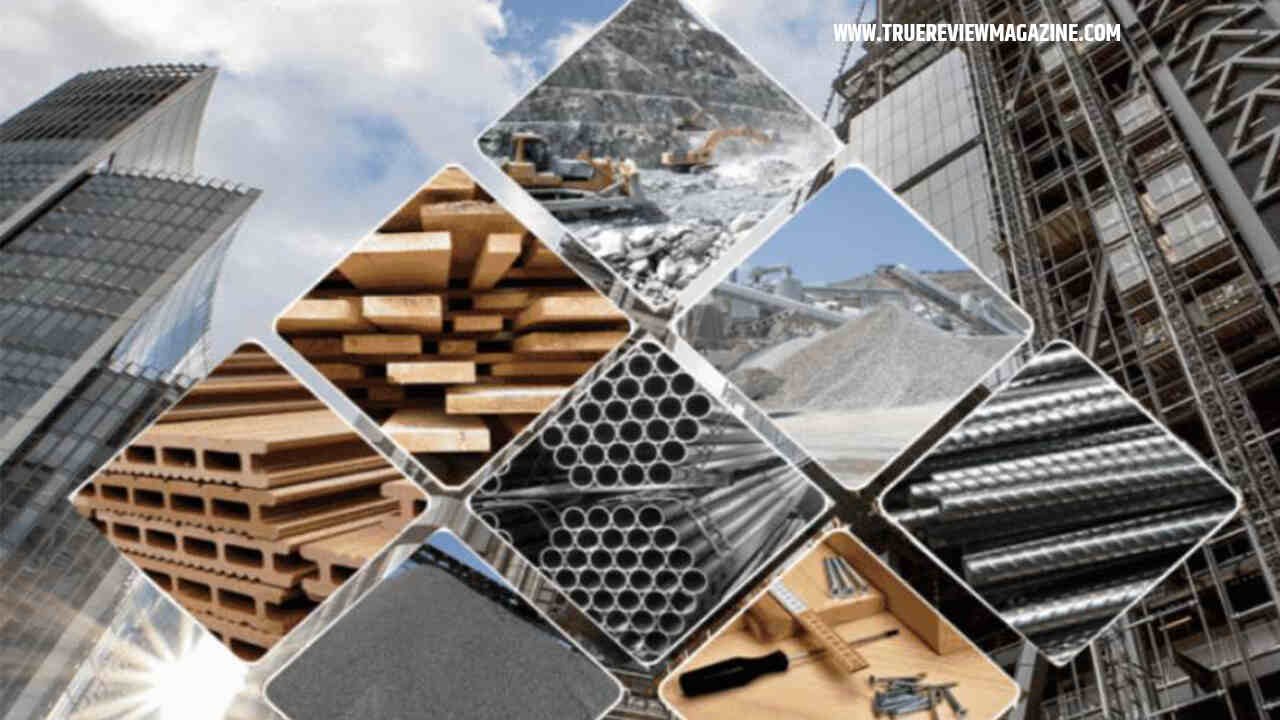Introduction:
Construction materials are the fundamental components that shape the strength, durability, and aesthetics of any building project. The right selection of construction materials plays a pivotal role in ensuring the success and longevity of construction projects. In this blog, we will delve into the world of construction materials, exploring their characteristics, applications, and the factors to consider when choosing the perfect materials for your project. Join us as we uncover the building blocks of successful construction ventures!
Concrete: The Versatile Foundation
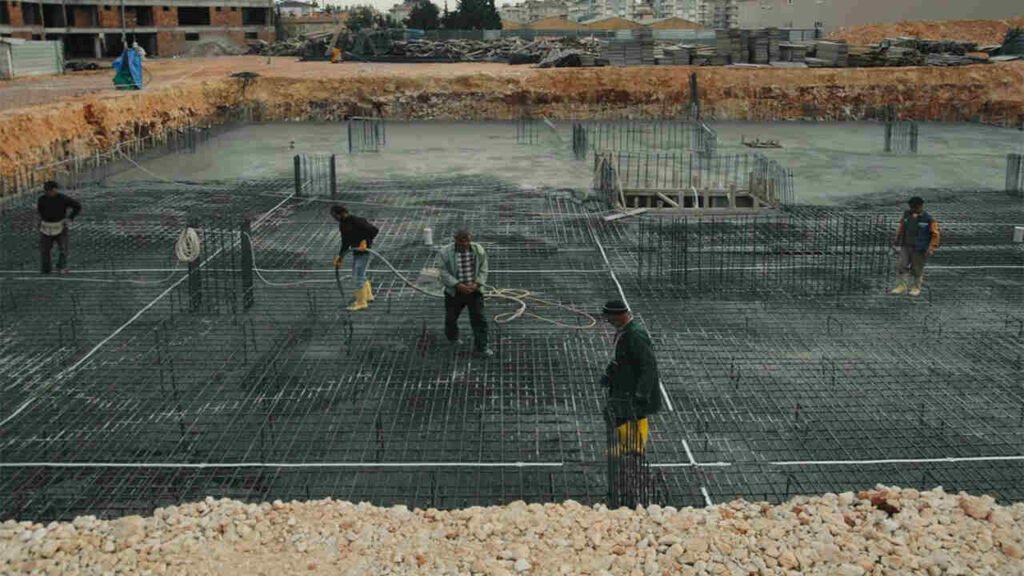
Concrete is the backbone of modern construction. Known for its versatility, durability, and cost-effectiveness, concrete is used in various structural elements such as foundations, columns, beams, and slabs. It offers excellent compressive strength, and fire resistance, and can be molded into different shapes and sizes. Advances in concrete technology have introduced innovations like self-healing concrete and high-performance mixes, further enhancing its properties.
Steel: Strength and Structural Integrity
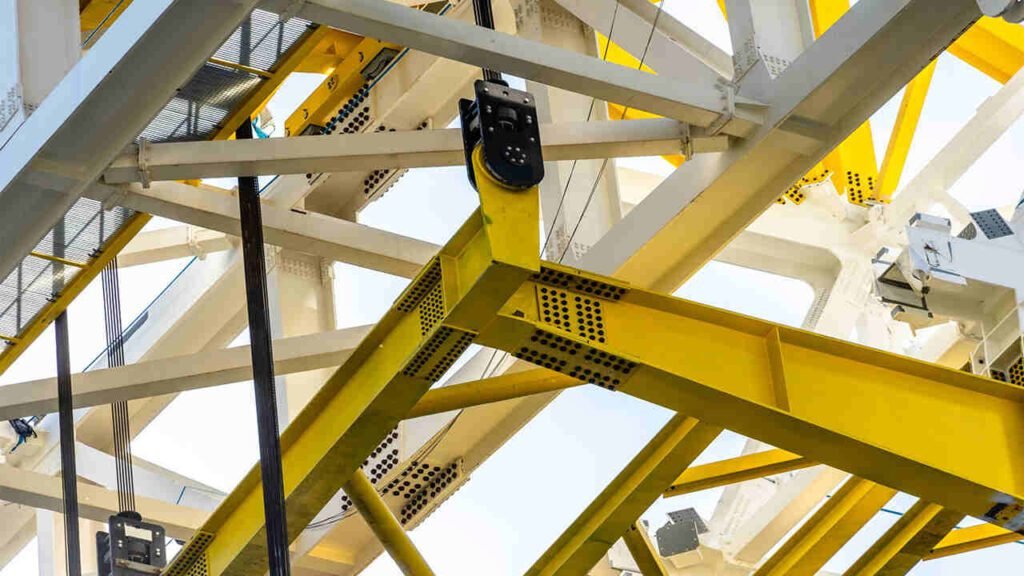
Steel is a widely used construction material known for its exceptional strength, durability, and flexibility. It is utilized in structural frameworks, including beams, columns, and reinforcements. Steel offers high tensile strength, making it ideal for withstanding heavy loads and seismic forces. Its recyclability, resistance to fire, and long lifespan make it a popular choice in construction projects worldwide.
Wood: Natural Warmth and Beauty
Wood has been a construction staple for centuries, valued for its natural beauty, warmth, and environmental sustainability. It is commonly used in residential and commercial projects for structural components, flooring, cladding, and interior finishes. Wood offers excellent insulation properties, and energy efficiency, and is a renewable resource. Different wood species and treatments are available to suit specific project requirements.
Brick and Masonry: Timeless Appeal
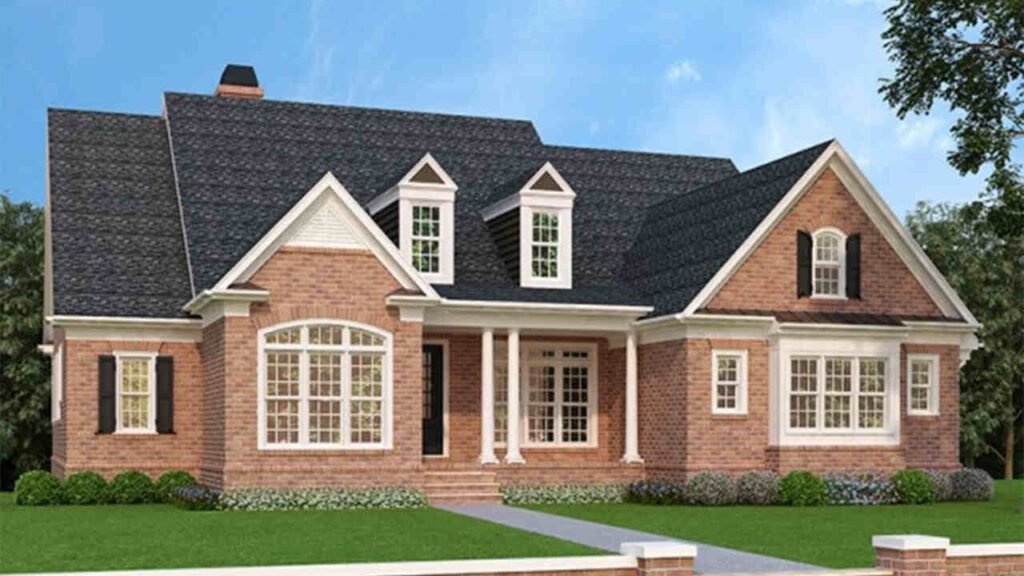
Brick and masonry materials bring timeless elegance and durability to construction projects. Bricks are used for structural walls, facades, and decorative elements. They provide excellent thermal insulation, fire resistance, and low maintenance. Masonry units such as concrete blocks and stone offer additional options for structural integrity and aesthetic appeal. Their strength and weather resistance make them ideal for both exterior and interior applications.
Glass: Transparency and Light

Glass has become an integral part of contemporary architecture, providing transparency, natural light, and visual appeal. It is used for windows, facades, and interior partitions. Glass offers excellent thermal performance, and acoustic insulation, and can be treated for safety and energy efficiency. Advances in glass technology, such as smart glass and energy-efficient coatings, contribute to sustainable building practices.
Sustainable and Innovative Materials:
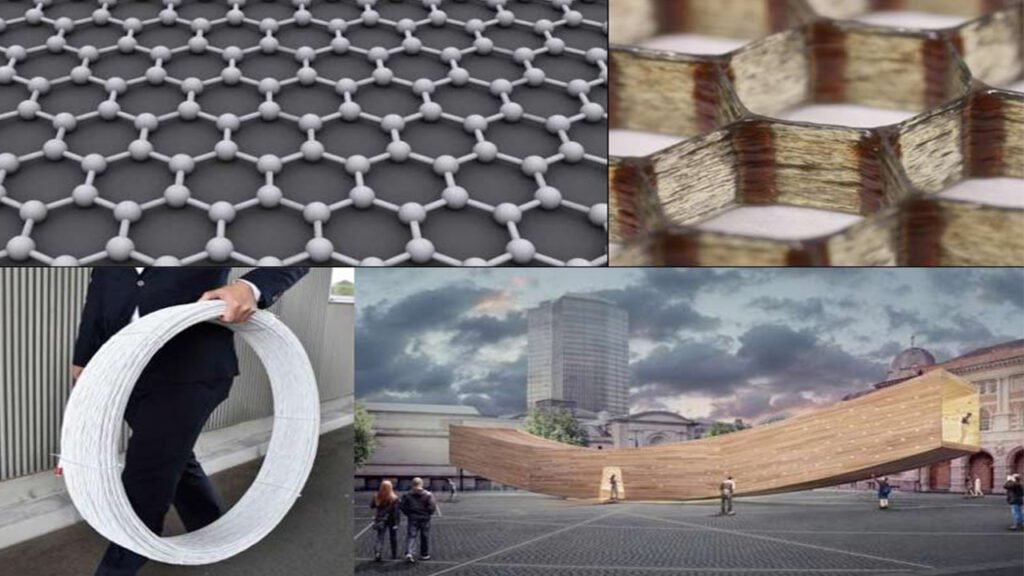
With a growing focus on sustainability, construction materials are evolving to reduce environmental impact. Sustainable materials like recycled steel, bamboo, and engineered wood products are gaining popularity. Innovations such as insulated concrete forms (ICFs), fiber-reinforced polymers (FRP), and eco-friendly insulation options are reshaping the construction landscape. These materials prioritize energy efficiency, reduced waste, and carbon footprint reduction.
All in All
Construction materials are the building blocks that define the strength, functionality, and aesthetics of construction projects. From concrete and steel to wood, brick, glass, and sustainable innovations, each material has its unique properties and applications. By carefully selecting the right materials, and considering factors like durability, cost, environmental impact, and design intent, you can ensure the success and longevity of your construction project. Embrace the possibilities of construction materials and create structures that stand the test of time.
Read more:truereviewmagazine.com




